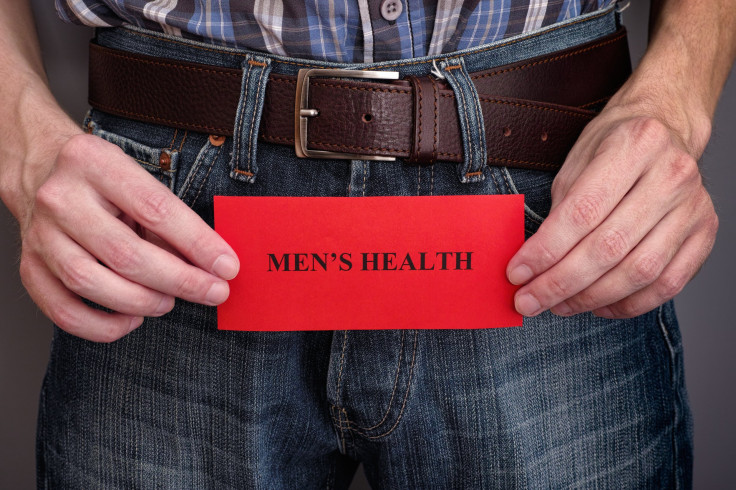On National Men's Health Week, Remind Dad That Seeing A Doctor Will Keep Him Healthy

It’s fitting that the week leading up to Father’s Day (June 21) is National Men’s Health Week. After all, there’s no better way to show our dads we love them than to show we care about their health. Dads are often a testament to what it means to be strong and resilient, and they often believe it just as much as their kids do. But there comes a time when every man needs to see a doctor for a checkup. If your dad won’t go on his own accord, this week serves as a good opportunity to start that conversation that gets him off the couch.
Just last week, a study from the Drive for Men’s Health campaign found nearly twice as many men could remember the first car they bought (81 percent) than the last time they visited a doctor (46 percent). Annual checkups are an afterthought for most men, yet men drink more alcohol than women, they smoke more, and they engage in more high-risk activities, from sports to working in construction. All these factors and more — many of them avoidable, such as a poor diet and aggression/violence — contribute to a shorter life expectancy when compared to women. In fact, since 1900, when men and women lived to the respective ages of 48.3 and 46.3, the gap between men and women’s life expectancy has grown. In 2007, men were living about 75.3 years while women were living 80.4.
There are several excuses men give for not visiting the doctor. Some say they don’t need to, that they’re healthy. But as the American Heart Association notes, some of the most serious diseases don’t cause symptoms, such as high blood pressure, high cholesterol, and diabetes. And the first two cause heart attacks and stroke. “Many men go to the doctor for the first time in their 40s — on a stretcher with a heart attack,” Dr. Ridwan Shabsigh, head of the International Society of Men’s Health, told NBC News in 2012.
Aside from “not needing one,” many men also say they don’t have time, that doctors don’t actually do anything, or that they’d rather “tough it out.” None of these are good excuses because the only way to stay healthy is to be on top of your health. That said, if your dad eats unhealthy foods or spends his free time watching TV, encourage him to eat healthier foods and spend 30 minutes each day being active — baby steps will help him adjust to a healthier lifestyle.
If possible, discourage smoking (if he smokes), ask him to limit the number of alcoholic drinks he has each day, and help him find ways to reduce stress productively and avoid high-risk behaviors. Equally important, encourage him to seek new forms of enjoyment, whether it’s getting back into his long, lost passion of painting or doing new things with close friends. Overall, encouraging a healthier lifestyle, doctor’s visits included, will make dad the superhero we like to believe he is.



























